History this week – Frankie Stenning
This week commencing 28th September sees the recollection of some significant moments in history from across the World.
In 1066, England saw a new beginning under a Norman rule. This began on 28th September when the Duke of Normandy, later known as William the Conqueror, arrived at Pevensey Bay (East Sussex), becoming the first successful invader of the English coast for around 950 years. He and his 7000 troops marched up to Hastings to beat King Harold II in the battle for English power. William fought Harold for England because, as the cousin of Edward the Confessor, he believed he had a greater claim to the throne than the leading nobleman. His successful invasion may also be due to Harold’s immediate attention being on an invasion from Scotland led by Tostig Godwinson (his brother) and Harald III Hardraake of Norway. Nevertheless, remember 28th September for its significance in English history as the day King William I first arrived on English soil on his conquest for the crown.
When you wake up on Tuesday 29thSeptember, think about the Treaty of Lisbon of 1864. This treaty led to a definite boundary between the territories of Spain and Portugal from the mouth of the Minho River to the junction between the rivers of Caya and Guadiana. It also brought an end to the Couto Misto region located between Spain and Portugal. This region had ultimately been left to rule over itself as both Spain and Portugal either fought over the unknown boundary or left it for the other country from around the middle ages. This led to more peace along the border shared between the two kingdoms.On 30th September 1931 in South Africa the ‘Die Voortrekkers’ youth movement started. This coincided with a rise in Afrikaner nationalism after years of British repression. The Voortrekkers, in many ways, was a scout group for afrikans speakers. Their motto was known as ABC: A stood for afrikanerskap (afrikan nationalism), B for burgerskap (citizenship) and C for christenskap (Christianity). This youth group represented the unrest in South Africa and the desire for their culture and heritage to be truly shown. Without the movement highlighted by the creation of the Die Voortrekkers, would South Africa be the same today?
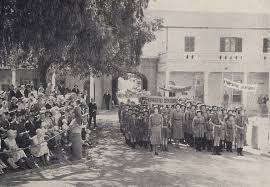
On 30th September 1931 in South Africa the ‘Die Voortrekkers’ youth movement started. This coincided with a rise in Afrikaner nationalism after years of British repression. The Voortrekkers, in many ways, was a scout group for afrikans speakers. Their motto was known as ABC: A stood for afrikanerskap (afrikan nationalism), B for burgerskap (citizenship) and C for christenskap (Christianity). This youth group represented the unrest in South Africa and the desire for their culture and heritage to be truly shown. Without the movement highlighted by the creation of the Die Voortrekkers, would South Africa be the same today?
The World’s first legal same-sex registered partners became united under law on 1st October 1989 in Denmark. After 40 years of campaigning by gay rights advocates the law was passed permitting this union. On the same day 6 gay couples, including advocate leader Axel Axgil, were united. The law gave similar rights to the gay couples as this in heterosexual marriages. The most significant difference was that they were not allowed to adopt children – full rights to adoption would not be allowed until 2010. Additionally, the Danish People’s Church (90% of the population were affiliated with this) did not recognise these unions as it went against their ‘ideology’. The passing of this law was still a huge step for the rights and equality of homosexuals and paved the way for other countries around the world to do the same. It is a day to be celebrated.
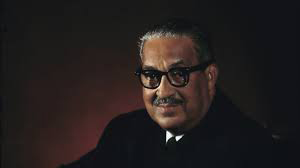
An individual who should be celebrated during this time is Thurgood Marshall. In 1967 on 2nd October, Marshall was the first African-American to be appointed as the USA Supreme Court Justice on which he served 24 years until his death. Prior to this appointment, Marshall had argued a record of 32 cases in front of the Supreme Court, winning 29 of them. Throughout his career he played a key role in promoting racial equality and standing up for minorities. One of his most famous cases was the Brown v. the Board of Education of Topeka in 1954. A group of black parents filed a class-action lawsuit against the Board of Education as their children were forced to attend segregated schools. Marshall won this case bringing the Supreme Court to declare that “separate educational facilities are inherently unequal”. Thurgood Marshall is a man to be celebrated and so I implore you to think about his successes and goodwill on Friday and every other day.
Travelling back through time to 3rd October 1283, a gruesome execution occurred. The first British nobleman to be hung, drawn and quartered saw his end on this day for treason. Dafydd ap Gruffydd, the self-declared Prince of Wales, was drawn for his rebellion in Wales. He wanted a return of Welsh independence after Henry III had invaded the country. He was hung for killing English nobles during this rebellion. Lastly, the quartering (and later display) of ap Gruffydd was punishment for treachery against King Edward I. This rebellion towards the English Crown saw the creation of a new High Treason Act by Edward allowing this execution method as punishment for treason.
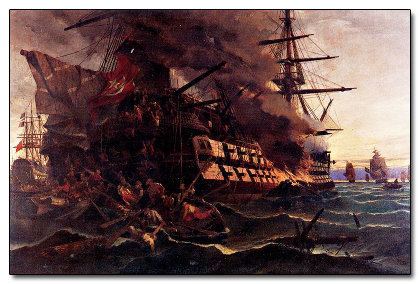
On the last day of this week – Sunday 4th October – we travel over to China in 1363. On this day, the Ming rebels of Zhu Yuanzhang defeated the Han navy of Chen Youliang in the Battle of Lake Poyang. A combination of fire ships and boarding the boats led to the eventual defeat of the opposition. Both the Hans and the Mings were rebel forces initially fighting against the perceived foreign occupants of the collapsing Yuan Dynasty. After this battle that started on 30th August, Yuanzhang went on to build the Ming dynasty that ruled over China after the Yuans. This naval battle saw 200,000 Mings deafeat 600,000 Huns in one of the largest naval battles in history. Its significance within the history of China is parallel to that of William the Conqueror in England.
All through the year more and more history is created or remembered or forgotten. Think about the way it changes the present.
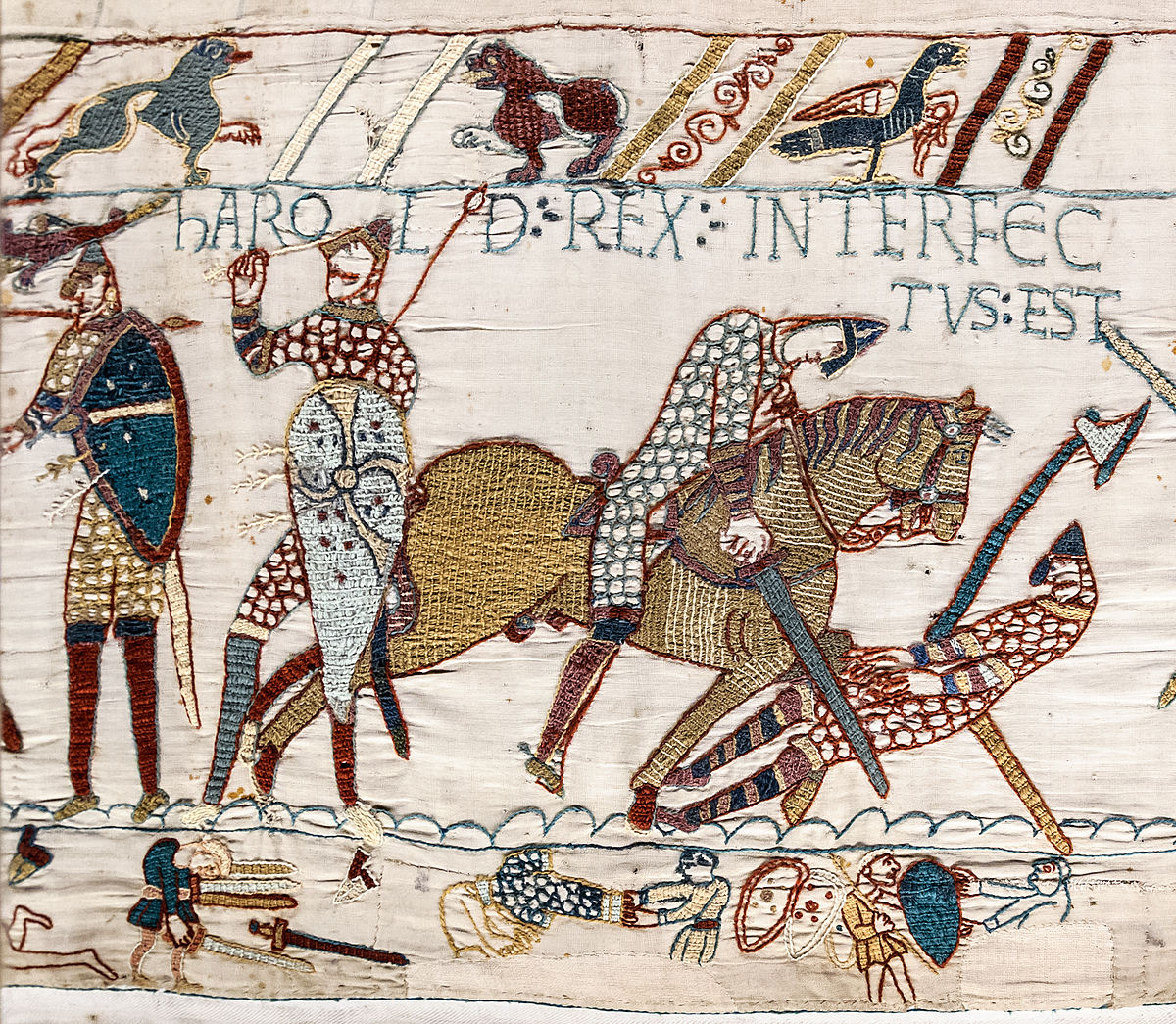



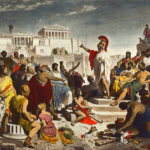










Post Comment
You must be logged in to post a comment.